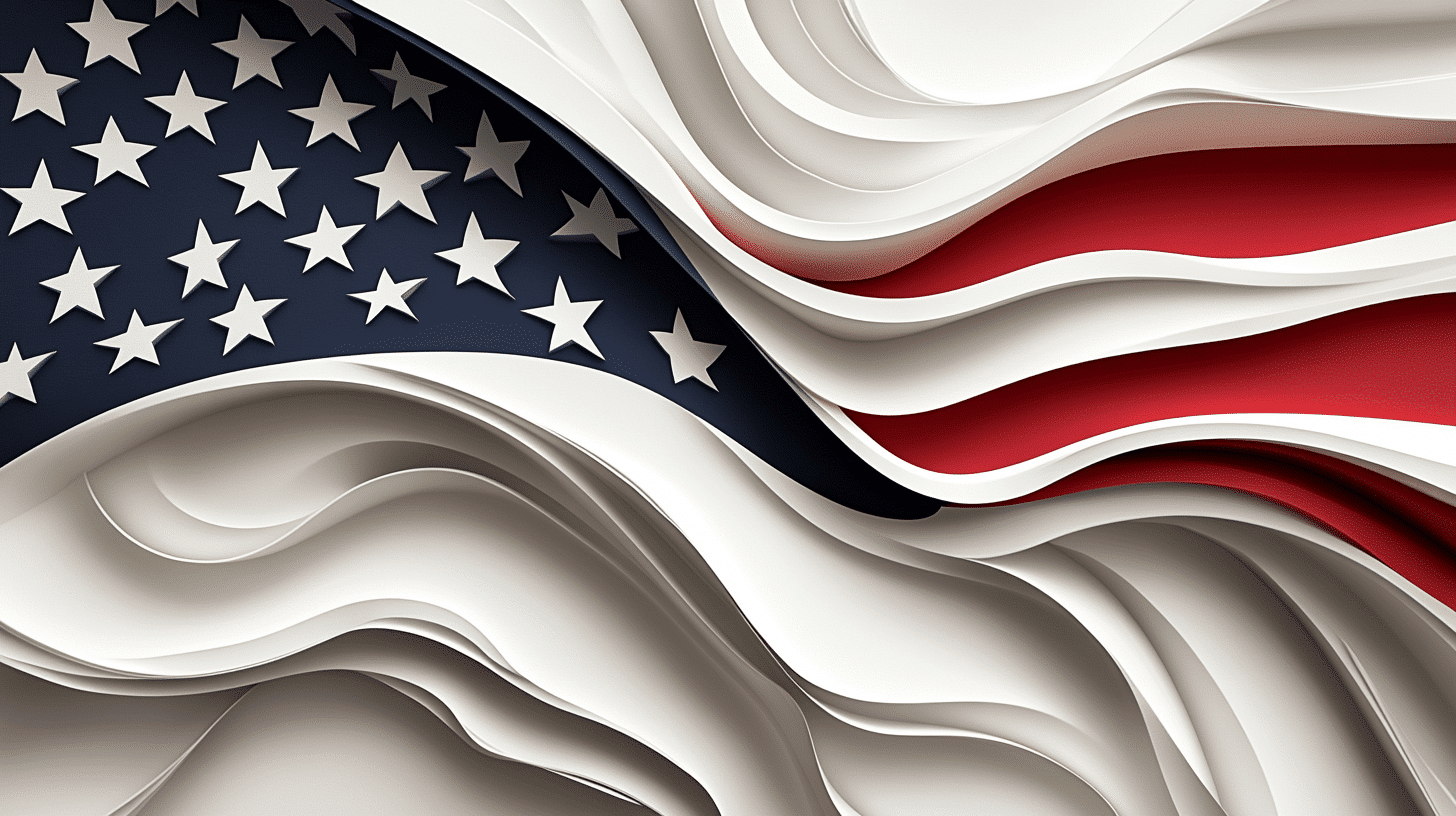What is Dictionary Day?
Dictionary Day is celebrated annually on October 16th in the United States to honor the contributions of Noah Webster, known as the “Father of the American Dictionary.” The day promotes the importance of language, literacy, and education, encouraging people of all ages to expand their vocabulary and develop a love for words. Dictionary Day is an opportunity for language enthusiasts to explore the richness of the English language, highlighting the value of dictionaries as essential tools for learning, communication, and understanding.
Webster’s work in creating a comprehensive American dictionary in the early 19th century was pivotal in establishing a standard for American English, differentiating it from British English and making language more accessible for American readers. Dictionary Day serves as a tribute to his legacy and the ongoing importance of dictionaries in education.
History and Origin
Dictionary Day was established to commemorate the birth of Noah Webster, born on October 16, 1758. Webster was a lexicographer, author, and educator whose most famous work, An American Dictionary of the English Language, was published in 1828. His dictionary introduced standardized American spelling and definitions, shaping the way English was used and taught in the United States. His work emphasized the importance of education, literacy, and the accessibility of language, which has had a lasting impact on American culture.
Dictionary Day is not only a celebration of Webster’s contributions but also a reminder of the importance of dictionaries in language learning. Schools, libraries, and language enthusiasts often mark the day with vocabulary challenges, dictionary-themed events, and educational activities to promote a love for words and reading.
Who Celebrates Dictionary Day?
- Students and Teachers: Educators and students participate by exploring new words, hosting spelling bees, and engaging in activities designed to enhance vocabulary and literacy skills.
- Librarians and Libraries: Libraries often host events such as word games, dictionary hunts, or storytelling sessions that incorporate fun and educational language activities.
- Writers and Language Enthusiasts: Writers, poets, and those passionate about language use the day to celebrate their love of words and explore the evolving nature of the English language.
- Publishing Companies and Lexicographers: Dictionary publishers and linguists take part by promoting the importance of dictionaries and language studies through social media, events, and online resources.
- General Public: Individuals who enjoy learning and language celebrate by picking up their dictionaries, exploring new words, and participating in online word challenges or educational games.
Slogans and Themes
The themes of Dictionary Day revolve around language, literacy, and the joy of learning new words. Slogans such as “Expand Your Vocabulary” and “Celebrate the Power of Words” emphasize the educational aspect of the day, encouraging people to use dictionaries as a resource for lifelong learning. The focus is on promoting literacy, making language fun, and appreciating the tools that help us communicate effectively.
Colors, Symbols, and Patterns
- Colors:
- Yellow, symbolizing the brightness and enlightenment that comes with education and learning.
- Blue, representing knowledge, professionalism, and the trust we place in dictionaries as reliable resources.
- Red, reflecting the passion and enthusiasm that language enthusiasts bring to the study and exploration of words.
- Symbols:
- Book icon, representing dictionaries and the value of reference books in expanding knowledge.
- Magnifying glass, symbolizing the search for new words and the curiosity that drives people to learn more about language.
- Quill pen, evoking the idea of writing, literacy, and the historical roots of language study.
- Patterns:
- Alphabet designs, featuring the letters of the alphabet, to emphasize the building blocks of language and literacy.
- Word clouds, visually depicting an array of words to celebrate the richness and diversity of language.
- Page motifs, resembling dictionary pages, reflecting the structure and organization of dictionaries that make them effective learning tools.
Most Used Hashtags
- #DictionaryDay
- #NoahWebster
- #WordOfTheDay
- #ExpandYourVocabulary
- #LanguageLearning
- #WordLovers
- #LexiconLove
How to Celebrate Dictionary Day
- Learn a New Word: Pick up a dictionary and learn a new word. Share your word of the day with friends, family, or on social media to encourage others to expand their vocabulary.
- Participate in a Vocabulary Challenge: Schools, libraries, and communities often host word games, spelling bees, or vocabulary challenges to engage people of all ages in fun and educational activities.
- Read About Noah Webster: Take time to learn about the life and contributions of Noah Webster, exploring how his work shaped American English and influenced language education.
- Explore Different Dictionaries: Look at various types of dictionaries, including bilingual, slang, or specialty ones, to discover the diverse ways language is used and cataloged.
- Host a Word-Themed Event: Organize or attend events like a poetry reading, word puzzle competition, or storytelling session that celebrates the power of language and the fun of discovering new words.
Dictionary Day is a reminder of the importance of words and the role they play in shaping communication and understanding. It’s an opportunity for people of all ages to engage with language in a fun and educational way. Whether you’re learning a new word or diving into the history of the dictionary, it’s a day to celebrate the richness and power of language. After all, every word has its story;what will yours be?
October 16: Dictionary Day (United States)
Why do you keep falling for the same type?
Read the article Lovemaps: the hidden blueprint of our love.
Did you not find what you were looking for? Let me help you find more.

